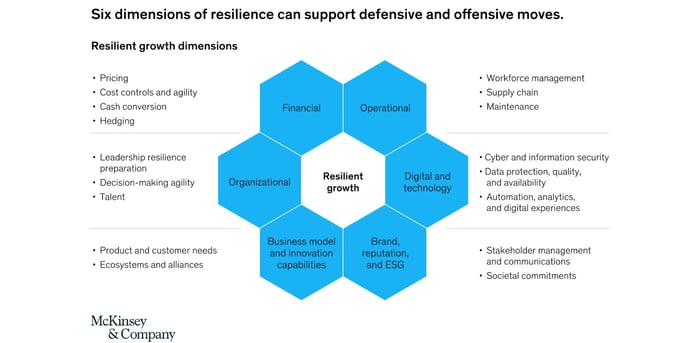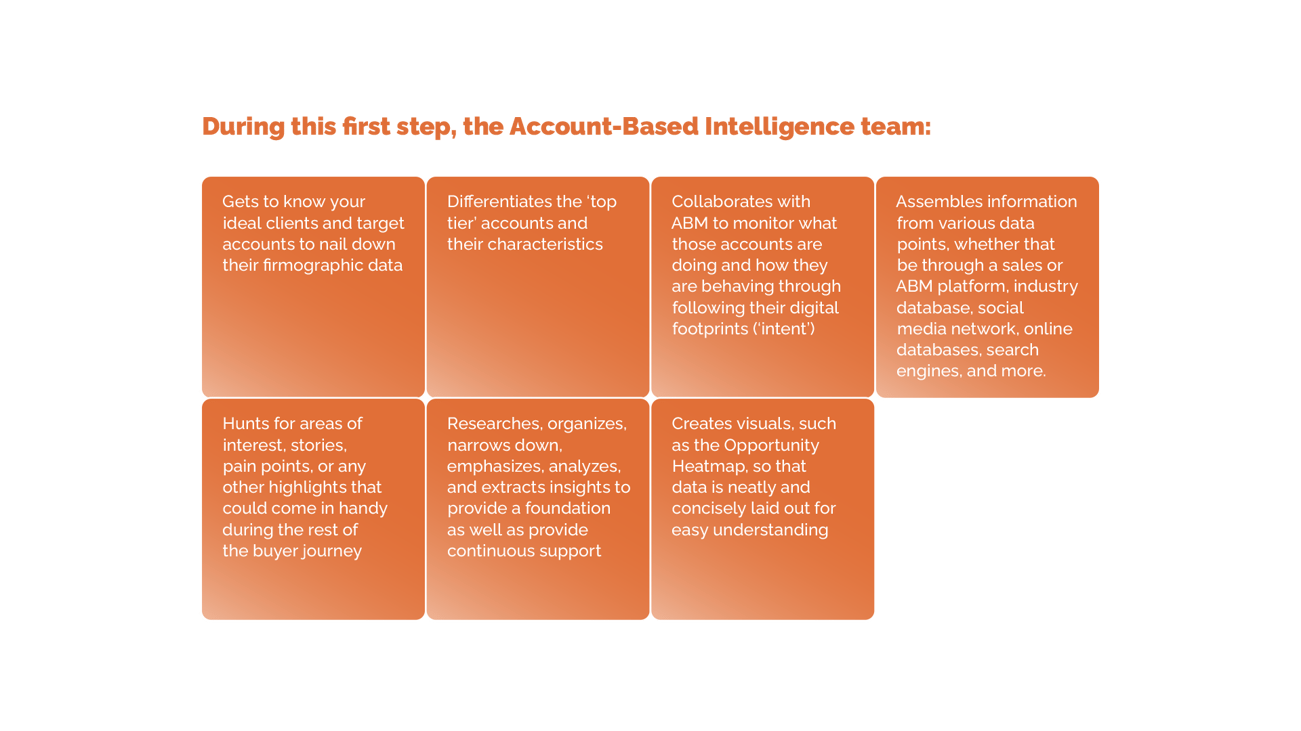Industry 5.0 vs 4.0 - What has changed?
Introduction Although changes are governed by various factors, rapid industry evolution never stops. Whether internally or externally induced,...

The changes in economic currents are inevitable. Sometimes they are relatively predictable, signs hinting at an upcoming crisis, such as the housing market going rampant with loans around 2008, but then sometimes an impactful event occurs, so suddenly that it catches everybody by surprise, see the instance of the dreadful war in Eastern Europe. Unfortunately, businesses worldwide are currently suffering because of the pandemic, the war, and the inflation brought about by these circumstances, with many fearing that a bubble is bound to burst soon similar to the Great Recession times. However, we learned from Part 1 of the article, that if there is a will, there is a way to, not only survive but to turn around businesses to thrive. Apart from merely surviving, those armed with the right strategies, monitoring business trends, and the right mindset are very much capable of advancing and developing, turning the crisis to their advantage. We can observe and analyze what is happening right now around us, how companies can remain resilient in hard times, and why customer experience (CX) is an important aspect to consider for B2B businesses today.
In 2022, though the pandemic issue may seem to lighten in most countries, Russia’s war on Ukraine became the source of general anxiety. This conflict not only caused international turmoil through blockages in supply chains and energy resources but by increased inflation significantly. McKinsey reveals that based on their global survey, ‘respondents’ views of the top threats to their home economies have shifted since March 2022, and they now most often cite inflation as a risk over the next year’. Apart from Greater China and the Asian Pacific which report improvements, other regions seem rather weary, and they do not expect growth any time soon in light of the geopolitical situation.
A number of strategies are lined up for leaders to pick but the choice is not as easy as it may seem. Perhaps nothing supports this more than the article Roaring Out of Recession suggesting that ‘only a small number of companies—approximately 9% of our survey—flourished after a slowdown, doing better on key financial parameters than they had before it and outperforming rivals in their industry…’. That percentage might be frightening, but there are many morals to take away from the numbers. Based on empirical research, Harvard Business Review’s text lists four types of approaches companies adopt and gives pointers on what actions to take. Here is their list:
The first approach can be defined as defensive, the second as offensive, and the last two are using the combination of them. Upon reading on, we see that the article suggests considering less defensive moves and finding the right balance through combining (1) and (2) according to the given company’s nature. McKinsey takes its turn to investigate the instance of US businesses becoming resilient and advises the same strategy detailed in the above.

McKinsey also includes a visual that showcases the dimensions of ‘resilient growth’ (Image 1), mentioning the aspect of ‘Product and customer needs’. This brings us to the relevance of customer experience in today’s crisis management.
The role of customer experience has gained serious momentum for B2B enterprises as well in the last few years. While B2C deals with a greater number of customers, B2B has to take a different approach when it comes to their clients. This has both advantages and disadvantages: though the latter allows for more resources to personalize campaigns and CX designs as well, ‘B2B experience can ‘feel’ distinctly inferior to a good B2C experience’, according to article 7 Steps to Dominate B2B Customer Experience by CustomerThermometer.
Recently, there has been an enormous increase in the demand for more adequate CX in the B2B market and at least 86% of companies consider it very important. It is a massive shift compared to 2015, when only 3% of businesses thought it was worth of time and resources. We may wonder what are some clever ways to improve our customer experience – the answer comes from CustomerThermometer with a few tips that may help along the journey towards a great quality change in a company’s life.
The points listed are only a few guidelines among many other means to make significant improvements in customer experience! It is a great way for a business to grow not only because it is one key to being resilient and coming out from crises. It also brings the company and soon-to-be client closer and more appreciative of each other. In today’s challenging times, the development of CX designs for B2B companies is an aspect worth keeping an eye on, bringing growth, stability, and a tad bit of human element to the business.

Introduction Although changes are governed by various factors, rapid industry evolution never stops. Whether internally or externally induced,...

OVERCOMING CHALLENGES OF B2B MARKET IN THE PAST AND PRESENT

The business world is shaken by the repercussions of current events and those in the near past. With our economic conditions becoming more and more...

Businesses across different sectors and industries are facing hardships amidst the economic haze that has been looming over the world from the...

Transformation is Key Transition projects can offer an excellent opportunity for growth and expansion while complying with current business trends...

Strategic Investment in Technology In the ever-evolving landscape of business, the journey from product ideation to market success is riddled with...

If you’ve clicked on this article, there’s a fair chance you are considering outsourcing your sales, marketing, customer success and overall revenue...

Discussion on how some technology enterprises are capitalizing on the downturn.

TOPO’s “2019 ACCOUNT BASED BENCHMARK REPORT” – which included 150 account-based organizations - showed that every participant reached or exceeded a...

“Every company wants to increase revenue.” That’s a pretty safe and agreeable statement to make.

Helping your future customers advance from RPA initiative to great ROI By Kyle Hansen & Yuriy Koshulap

Spam isn’t just unwanted email. It’s any uninformed, irrelevant interaction. It wastes your time and money. And annoys the buyers you were hoping to...